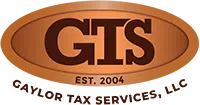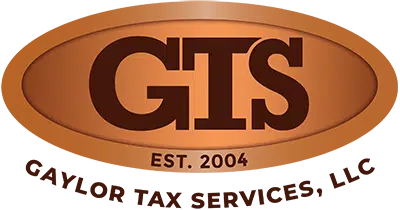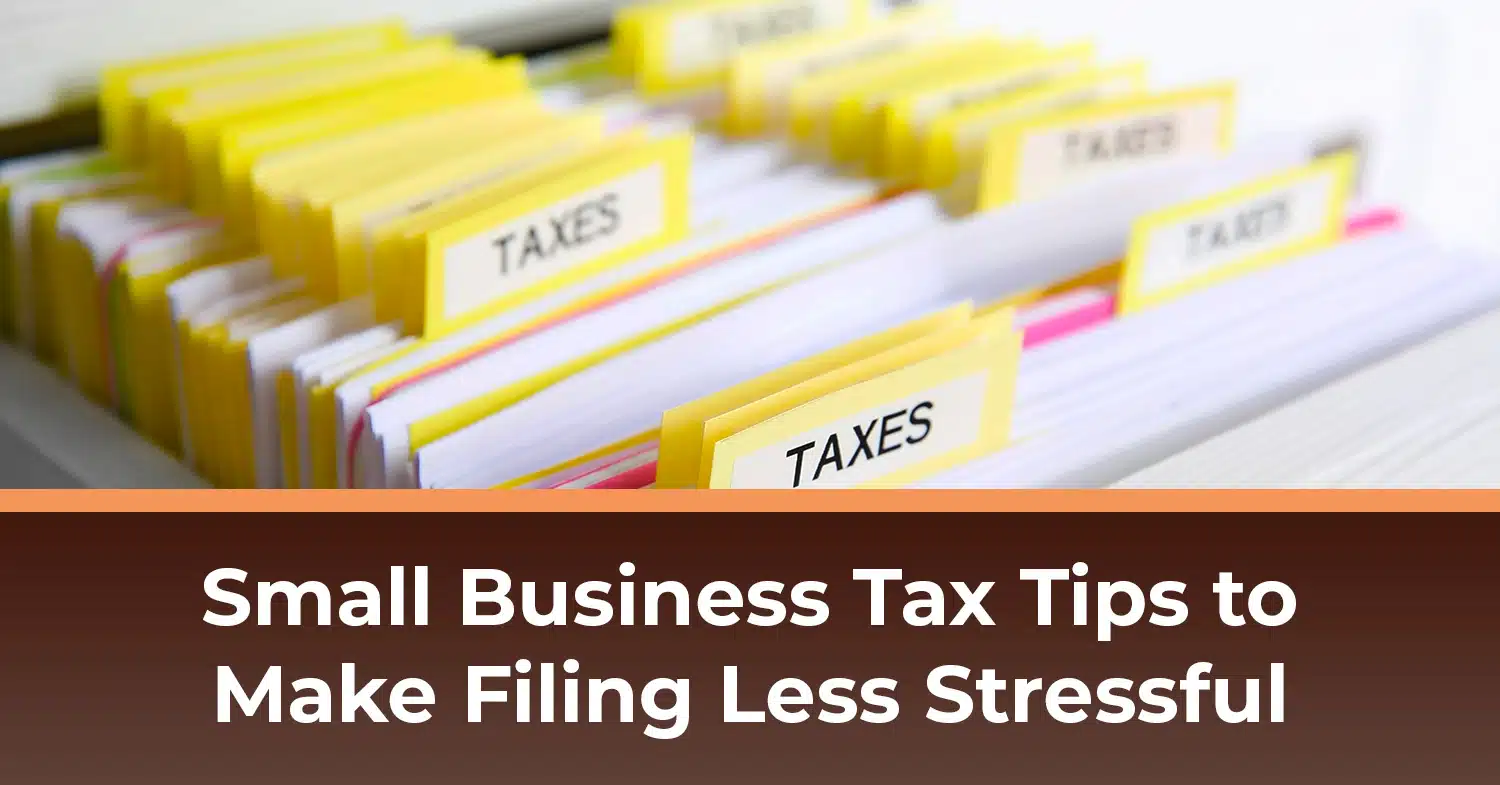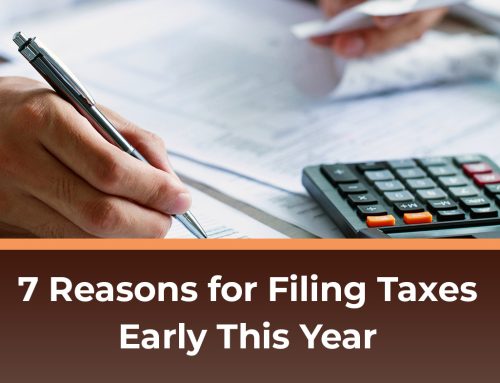Stressed about tax season? We get it. Small business owners have a lot to deal with, and filing your taxes can add a big chunk to your plate. But preparing the right way can save you valuable time and countless headaches. Here are small business tax tips to help make filing a little less stressful.
Know Which Tax Form You Need
The first step in helping make small business tax filing less stressful is knowing which form you need to file. There isn’t one standard form that all business owners use. The form you use is dependent on your business identity.
Are you a sole proprietor or single-member LLC owner? If you’re either of those, you file Schedule C and attach it to your personal income tax return. If you’re a partner in a partnership or part owner in a multi-member LLC, you should file form 1065. Getting your form correct is important in filing your taxes, so make sure you know which form you need for your small business.
For a bonus tip, your business identity will also dictate your filing deadline, so be aware of those differences as well. Sole proprietorships, single-member LLCs, multi-member LLCs taxed as corporations, and corporations that end their tax year on December 31 must file by April 15 (or, as it falls on a weekend in 2023, on April 18). Partnerships, multi-member LLCs, and S Corps have a tax filing deadline of March 15.
Take Stock of Your Financial Situation
Don’t forget to make sure you have the information about your employees and contractors correct. Have any moved, gotten married, or had children? Don’t forget to double-check that employee names, addresses, paid time-off information, filing status, and year-to-date wages and taxes have the correct information.
If you’ve hired independent contractors, make sure their information is correct as well. And please, ensure you’ve classified your employees and independent contractors correctly. The misclassification of employees as independent contractors is a major area of enforcement for government agencies.
Gather Records
This is one of the most important steps in small business tax filing, but it can also be the most intricate. Filling out tax information isn’t a guessing game. You can’t fill in numbers based on fuzzy memories. You need hard facts in front of you to complete an accurate return. Gathering and organizing your records now can also help you should you be audited, as you won’t have to scramble to assemble documentation.
So gather your taxpayer identification number, balance sheets, income statements, any supporting documents (like receipts, bank statements, payroll records, etc.), and your previous year’s business tax return. Keep them organized and close by so you can easily access them when needed.
Look for Tax Deductions and Credits
Do you qualify for any tax breaks? Make sure you look because you might. Business tax deductions and credits are a great way to lower your tax liability.
Businesses can claim tax credits and deductions for qualifying expenses. For credits, you might qualify for small employer health insurance or disabled access. And you might be able to claim tax deductions for things like business use of a car, travel, and charitable contributions. Just make sure if you’re claiming a credit or deduction, that you have records to back it up.
Think About Your Long Term Plan
While tax filing is only part of the year and you probably just want to get it over with, it’s beneficial to think about your long-term goals alongside tax preparation. Understand your long-term business goals and make sure tax preparation reflects these goals by consistently updating your paperwork, tracking your employee and contractor base, and looking ahead to the next major milestones in business reporting.
If you really want to step it up a notch, tax planning is a great way to incorporate long-term financial goals while implementing tax-saving strategies so that come tax time the following year, you pay the lowest, legally allowed amount in taxes. It necessitates ongoing maintenance throughout the year and will help to change your small business tax situation.
Having Trouble? Don’t Go it Alone
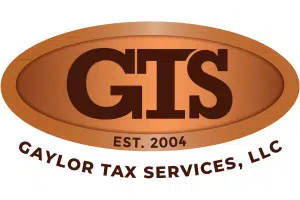
If you need help with your taxes for your small business, look no further than Gaylor Tax Services.
The paperwork, regulations, finding the right deductions…it can all be daunting. And filing your taxes wrong can mean lots of headaches, as well as a potential for getting audited. So don’t be afraid to ask for help with your small business tax filing.
If you need help with your taxes for your small business, look no further than Gaylor Tax Services. We will assist you with your corporate or partnership tax filing and help you with strategic tax planning as well. Our experts are here to answer your questions year-round, so do not hesitate to contact us. We are located in Phoenix, Arizona but can assist you anywhere in the state.
